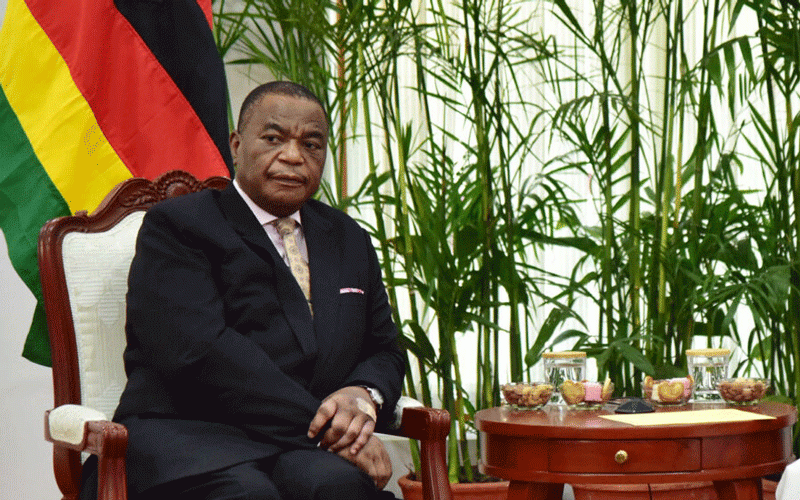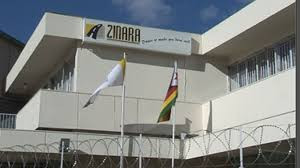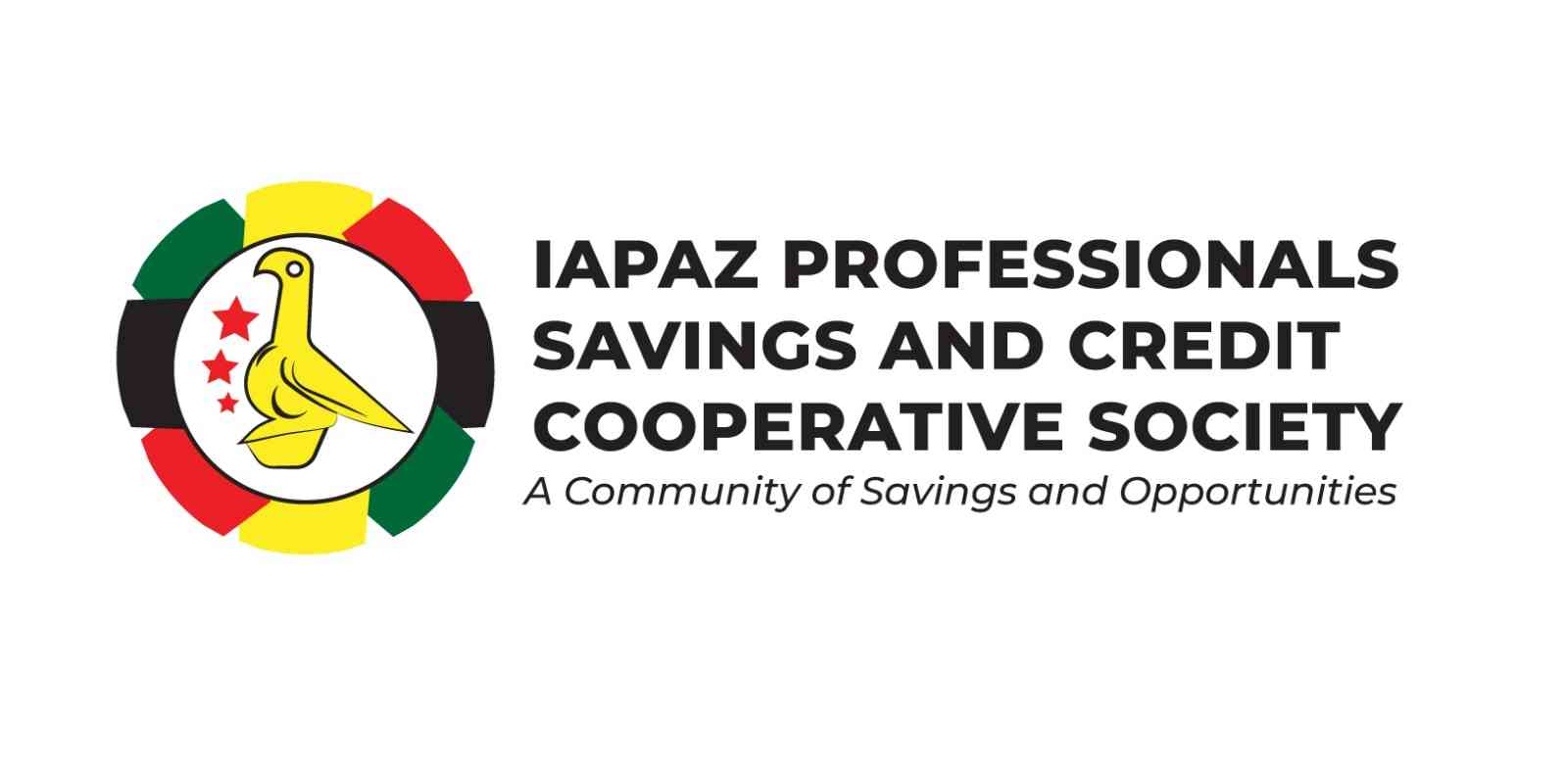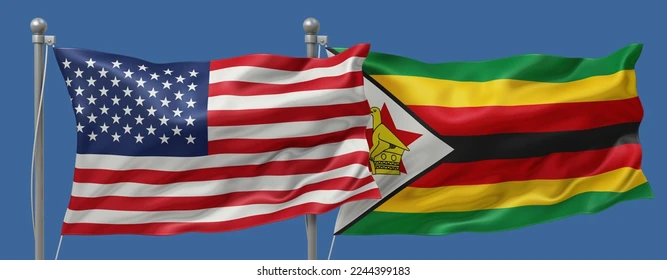
CABINET has approved recommendations from the Information Communication Technology, Postal and Courier Services ministry to close Zimbabwe’s second mobile phone network, Telecel Zimbabwe, on the grounds that it was operating without a licence and breaching the controversial indigenisation and empowerment laws.
Obey Manayiti/Edgar Gweshe
ICT minister Supa Mandiwanzira confirmed the development at a Press briefing in Harare yesterday.
“Our position that Telecel should cease operations because they have been operating without a licence is the position that has already been adopted by Cabinet. There is a Cabinet committee in place to execute the decision of Cabinet. That committee is being chaired by Honourable (Christopher) Mushohwe. Our position that Telecel has been operating without a licence and failed to honour local empowerment laws is the same position that has been adopted by Cabinet,” Mandiwanzira said.
Telecel has over 2,5 million active subscribers. Mandiwanzira said in executing the decision, government would pay attention to the plight of employees and subscribers who stand to be affected by Telecel’s closure.
“Government will be guided by the fact that there are employees there and that there are subscribers who might be affected. But our position as the ICT ministry has not changed,” he said. In January, the Postal and Telecommunications Regulatory Authority of Zimbabwe wrote to Telecel Zimbabwe management notifying them that they could lose their operating licence due to non-compliance with local empowerment laws.
Zimbabwe’s empowerment laws require foreign-owned firms to cede 51% shareholding to locals.
Telecel Globe, a subsidiary of Orascom Telecom — a major international telecommunications company with interests in Europe, the Middle East, Asia and North America — has a 60% stake in Telecel Zimbabwe, making it the major shareholder.
- Chamisa under fire over US$120K donation
- Mavhunga puts DeMbare into Chibuku quarterfinals
- Pension funds bet on Cabora Bassa oilfields
- Councils defy govt fire tender directive
Keep Reading
Meanwhile, the Broadcasting Authority of Zimbabwe (BAZ) has said the country will be able to meet the International Telecommunications Union (ITU) digitalisation deadline of June 17 this year as most of the systems were now in place.
BAZ chief executive Obert Muganyura yesterday told journalists that a $125 million contract had already been signed between China’s Huawei International and the broadcasting regulatory body for the digital migration project.
“I can safely say we will be able to beat the deadline of June 17. All other things are now in place,” he said.
Muganyura also gave a timeline for the implementation of the project, stating all the phases which should be completed before the due date.
Funding has been the major drawback in fully digitalising television services in the country, but Muganyura was confident that all was now in order.
Digitalisation enables access to outside broadcasting facilities, digital content production centres, web TV systems and digitalisation of existing analogue radio stations. Radio service was not included under the ITU deadline.











